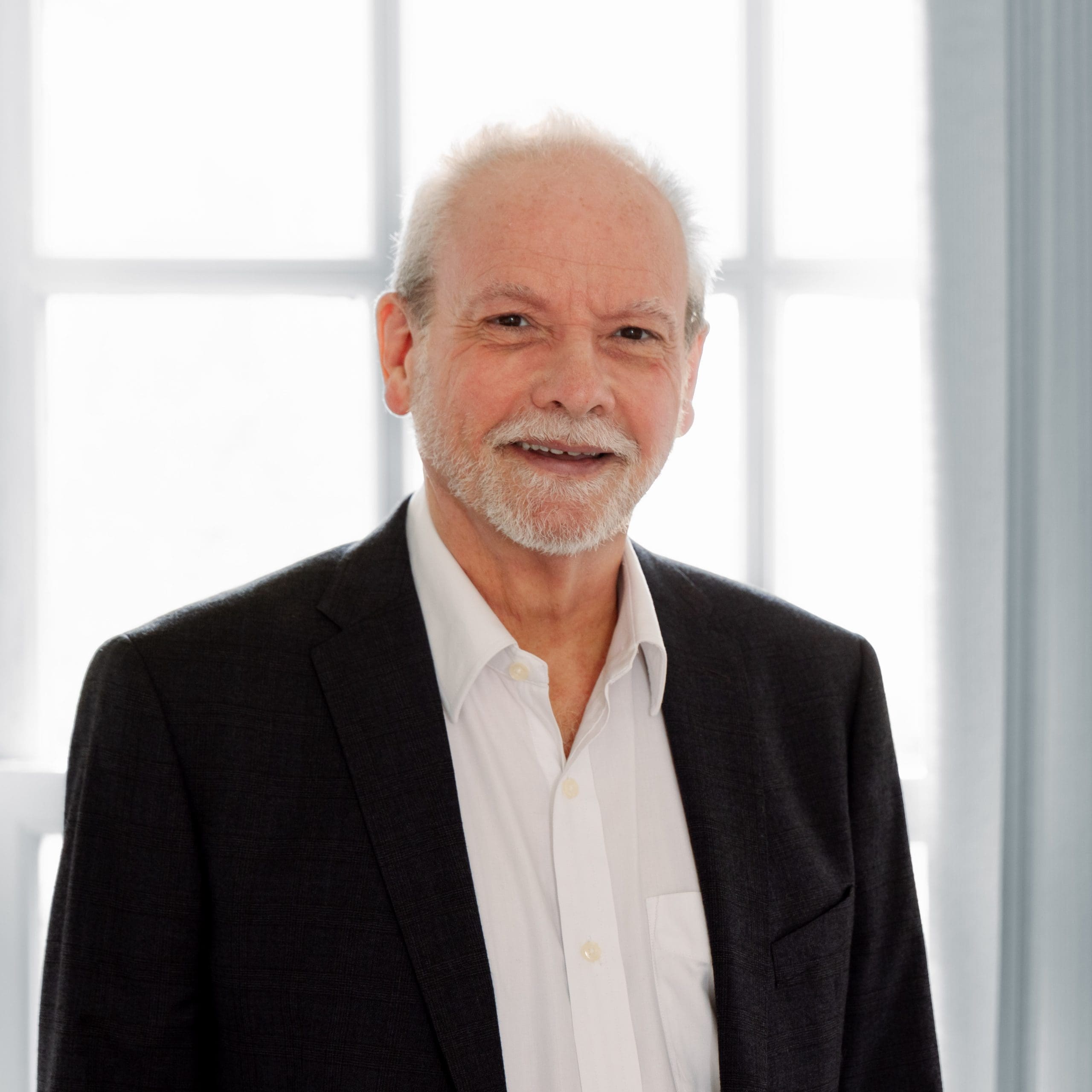One of the few things everyone can agree on, is that it’s sensible to provide for retirement.
In fact, we are actively encouraged to do so by the Government, who provide generous corporation tax relief on pension contributions for companies, and incentivise individuals who contribute to funding their pension.
For companies making pension contributions to their employees this tax relief is in the form of profit-offset, reducing their exposure to corporation tax. For any company with taxable total profits over £50,000 p.a., this tax rate increased from 19% in April 2023 and it increases incrementally to a maximum of 25% for companies with taxable profits of more than £250,000 p.a.
In a money purchase pension environment, most people have a pensions annual allowance of £60,000. If this is the amount of contribution provided by their employer, the company’s corporation tax liability would be reduced by £15,000, with HMRC effectively providing for up to a quarter of the cost of the contribution.
Of course, this sounds great for the company, but in some circumstances it could be even better. A defined benefit small self-administered scheme, or DBSSAS as it is more commonly known, might be even more attractive to both the company and their key employee(s), if the company is both cash and profit-rich.
What is a defined benefit pension scheme?
It’s fair to say that a defined benefit pension scheme is niche and is certainly not the right solution for all situations. It’s critical that any adviser recommending the use of a DBSSAS understands the whole proposition in detail, including:
- The funding of the scheme
- The nature of subsequent benefit accrual
- The potential benefit options for the client
As with all SSAS, each new DBSSAS is registered individually with HMRC.
Even though a DBSSAS is still constrained by the member’s HMRC annual allowance, because it is a defined benefit the rules around the allowance are different compared to a money purchase pension scheme. In any defined benefit scheme, DBSSAS included, the usual annual allowance usage relates not to a £60,000 monetary contribution, but to a scheme benefit accrual of £3,750 p.a.
Depending on retirement age, to provide a scheme pension of £3,750 p.a., the cost as a one-off contribution today would be around £190,000. That’s over 3x as much potential contribution for most members compared with the money purchase route.
That’s fantastic news for the employee as they have the opportunity to significantly boost their pension, but, depending on their profitability, the company can also benefit from up to 25% corporation tax relief on a much larger contribution.
Let’s take an example situation:
NeverFail IT Ltd
NeverFail IT is a successful IT firm making good annual profits and consistently paying a large corporation tax bill each year. The company is owned by sister and brother Emma and Peter, both of whom are both 50% shareholder directors.
Typically, each year both siblings will pay their full £60,000 allowance into their individual SIPPs, meaning they have no carry forward available.
However, after speaking to their IFA, they decide that for this year, and future years, they will utilise their £60,000 pensions annual allowance by establishing a DBSSAS through the company. Through the DBSSAS provider’s personalised quotes, they learn that £190,000 could be contributed by the company for each of them, i.e. £380,000 in total and £260,000 more than the £120,000 that could be paid into their SIPPs.
Furthermore, by contributing the £380,000 into the DBSSAS, the company could offset it against their profit, meaning a £95,000 tax saving based on the maximum 25% corporation tax rate.
That’s £65,000 more than if the maximum available amount had been contributed to a money purchase scheme instead, and even better, £22,800 more than would previously have been available before the rate moved from 19% to 25%.
In conclusion, the company benefits from excellent tax planning and Emma and Peter both benefit from substantially increased provision for their retirement. As mentioned earlier, DBSSAS is certainly not the right solution for every situation. However, when considering in particular, a controlling director of a successful and profitable SME, a DBSSAS might well increase retirement funding for the member(s) while taking excess cash from the company in a very tax efficient manner.

